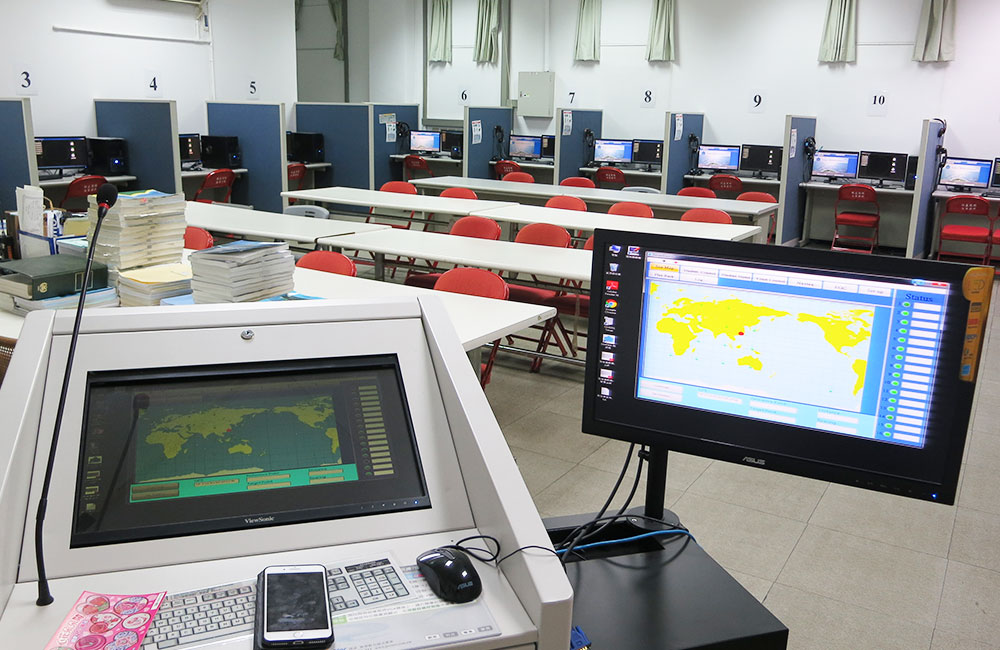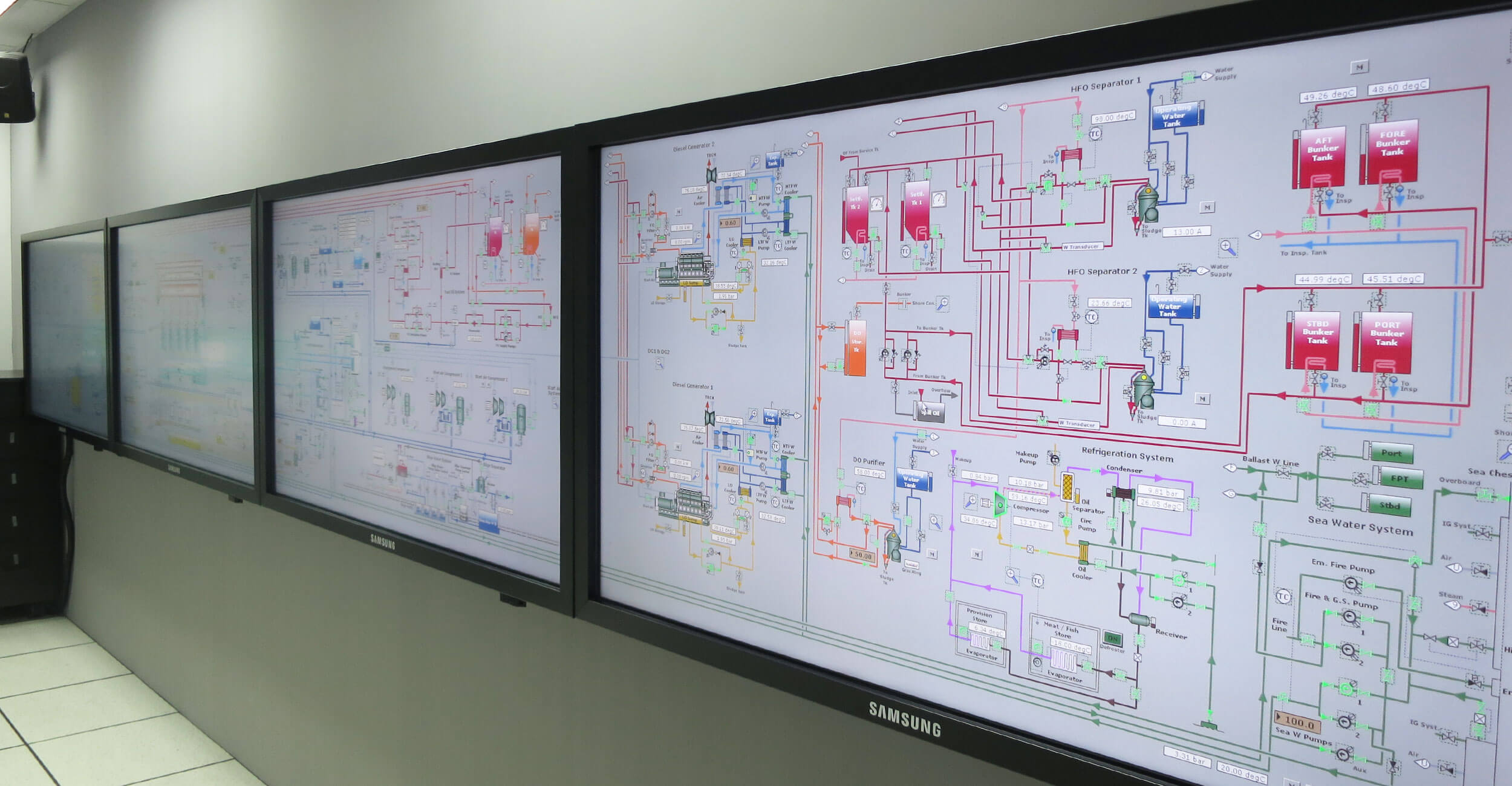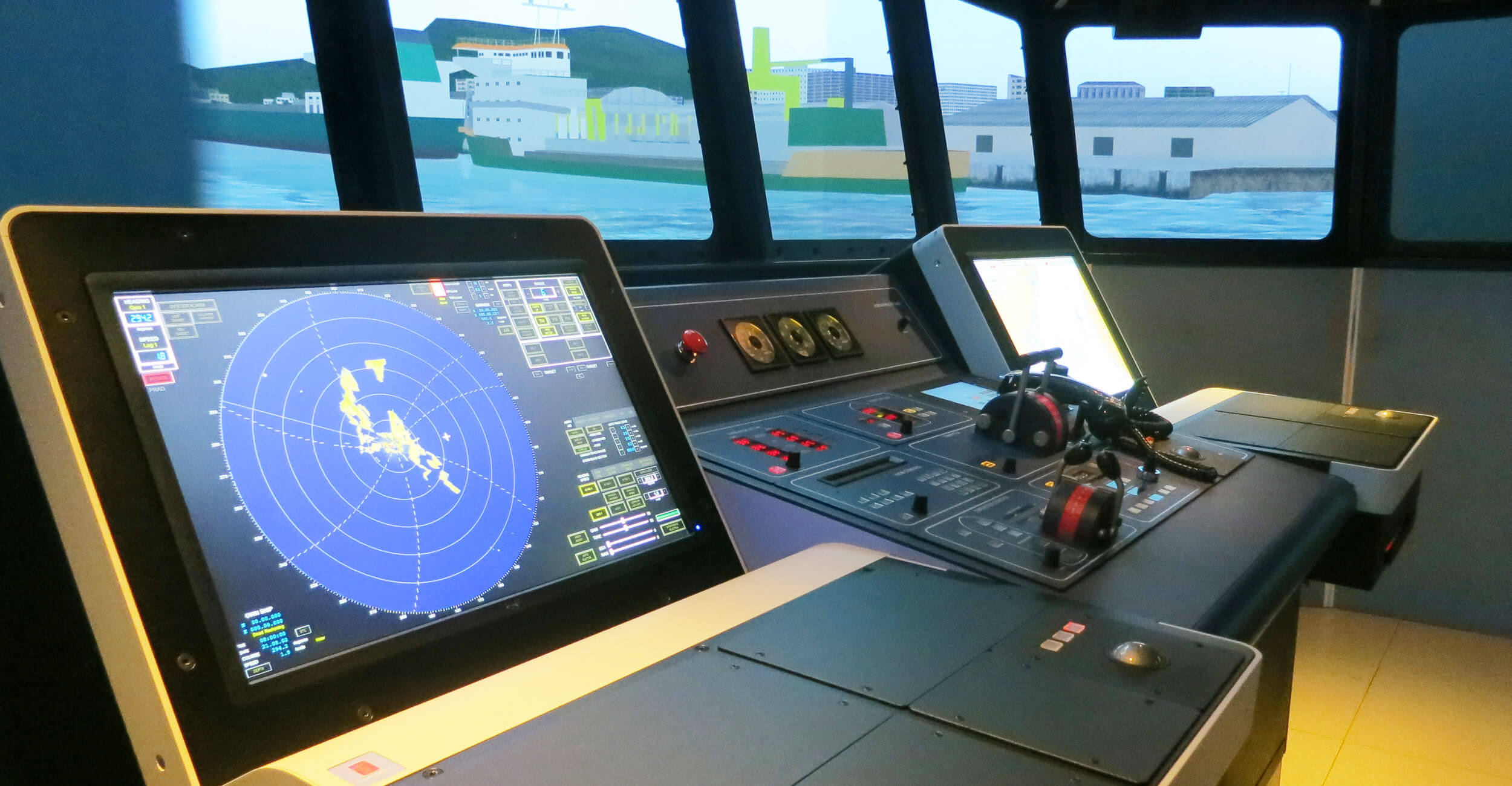NKUST provides integrated and consistent maritime education, training, employment, and further education services, based on which, NKUST strives to cultivate talents for maritime industry and promote the development of maritime industry, with positive results obtained.
With decades of proven records in organizing maritime training activities, NKUST actively responds to government policies, and organize training activities in accordance with the requirements of international maritime conventions. In addition to NKUST’s excellent administrative resources, MTC has also passed the certification of ISO quality and occupational safety and health management systems, all of which lay a solid foundation for implementation of MTC services. The team of trainers comprising teachers from NKUST’s Department of Marine Engineering and the faculty of MTC, with the support and guidance of the industry, government, and universities, has laid a solid foundation for maritime training work for years.
Duties:
1. Devise and execute training programmes in view of national maritime policies.
2. Promote cooperation between shipping industry and education institutes in training, education, and further education.
3. Prepare teaching materials on shipping technologies, marine machinery, and maritime training.
4. Organize various types of maritime training activities.
5. Maintain international certification in education and training quality.






